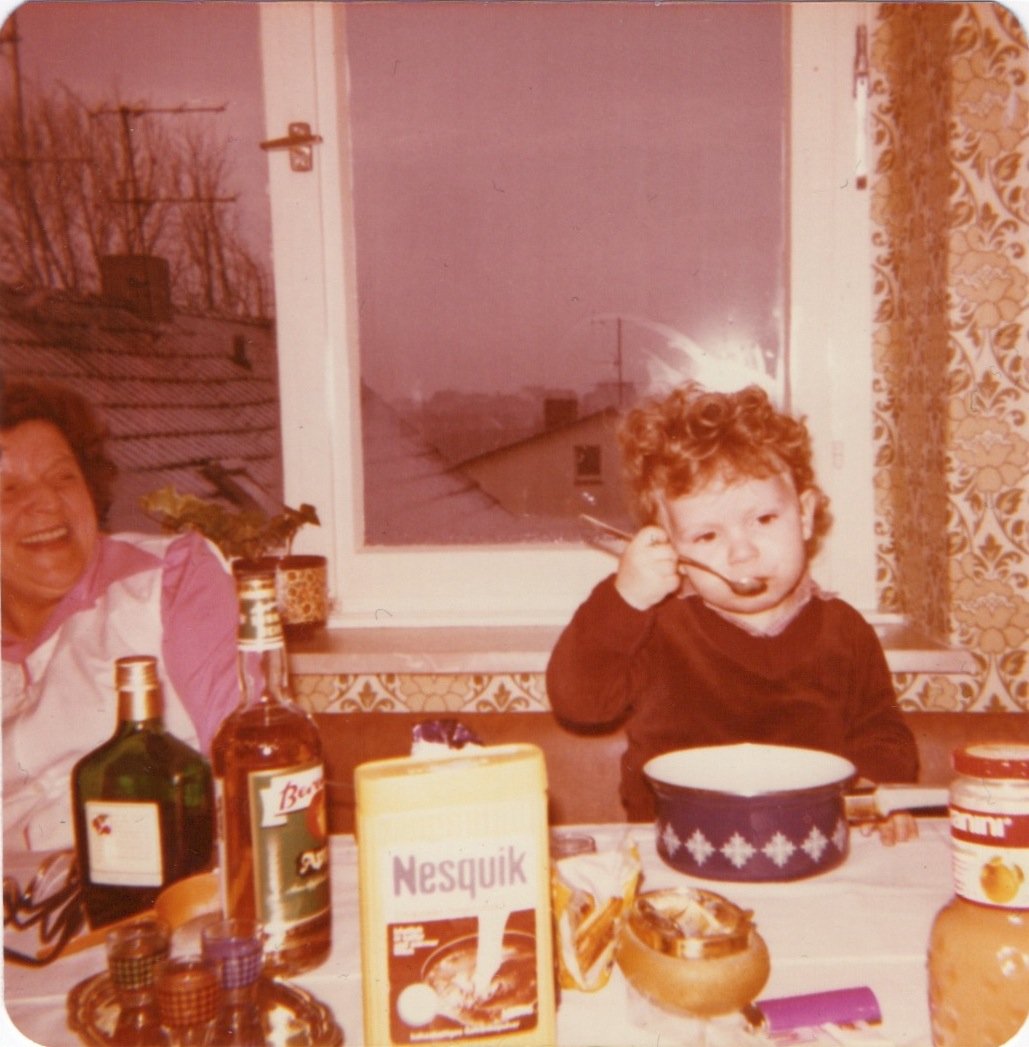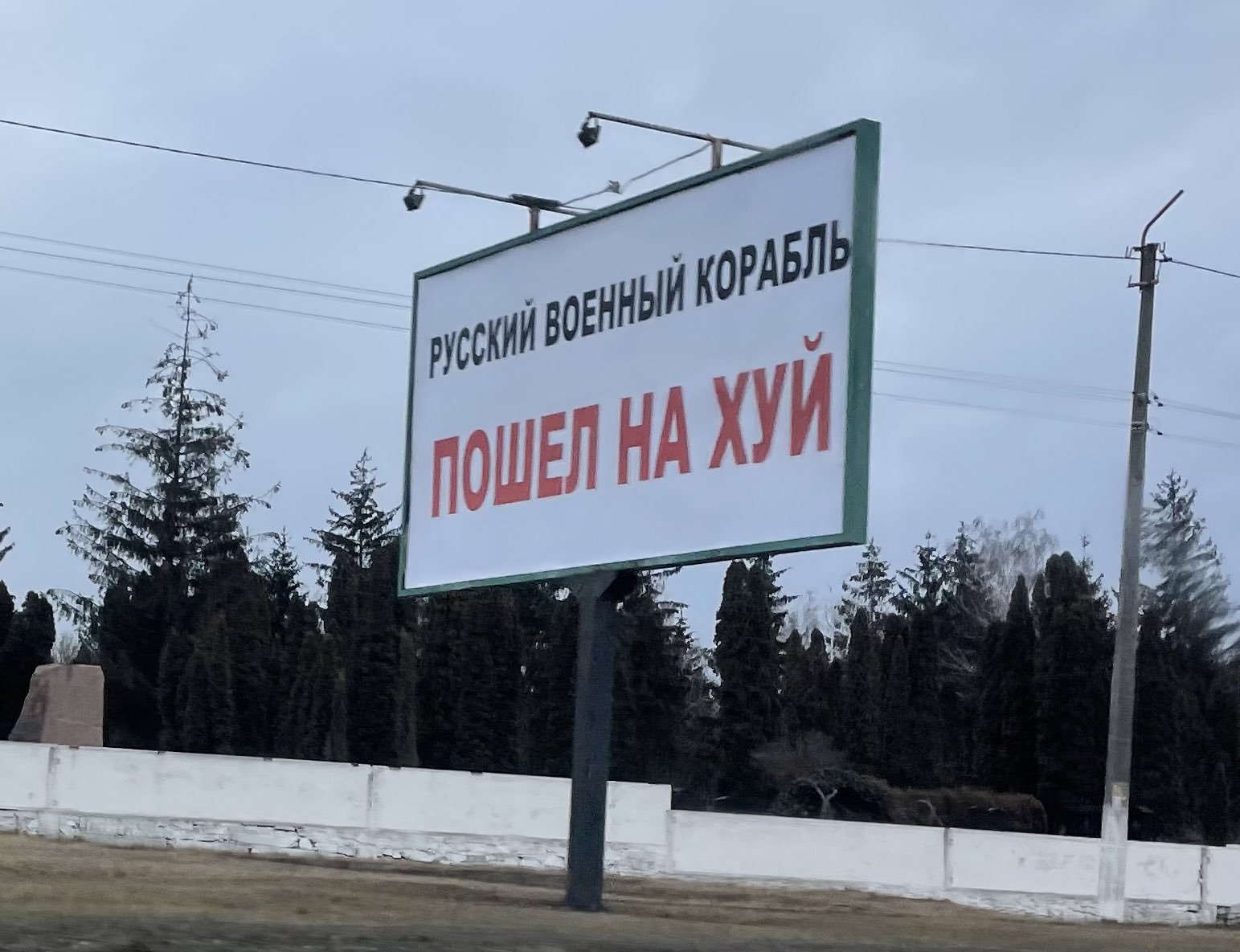October in the Chair
This morning when I got up it was three degrees Celsius outside, and the jackdaws had gathered on the roof and chimney of the house opposite. I took my tea into the garden wearing my bathrobe, and looked at the tower of Seatown Castle, the bell tower of a Franciscan abbey founded around 1240 at the end of my street, sacked by invading Scots in 1315. The sky was a deep blue, I could see my breath in the air, and a seagull was perched on top of the castle like a weathervane. I was happy that the cold had returned.
For the last few years, I've been writing and rewriting a little ode to October, my favourite month in the northern hemisphere, on the first day of which I was born, with a title stolen from a Neil Gaiman short. It is my own way of welcoming the beginning of the dark and the cold.
But this year it feels wrong to do this. On my birthday in Germany it was 24 degrees, last week in Ireland the temperatures hoovered around 20 degrees Celsius, and I've never seen so many mosquitos so late in the year on this island. I saw social media posts celebrating "this fantastic late summer" yesterday, and I despair. Summer ended on September 23, and it's the twelfth day of October as I write this. You should not be in the park in a short dress, you should be in a woollen jacket, breath visible in the air, frost in the grass in the morning.
This September was the warmest ever recorded, and I dread the coming autumns. I despair over so many things these days, but one of the things that pain me most is that we seem to have managed to strangle autumn and winter in the northern hemisphere; we haven't realised it fully yet. At least the planet still tilts, and the darkness remains.
For some, like me born in October, autumn comes early and stays throughout life. This should be the time for rain, and the storms rolling in. The time for listening to Elliott Smith and Múm. For a runny nose and headaches. For peat and wood smoke in the air, and red and brown and yellow leaves rotting in the gutter. For cold mornings and warm beds, and long walks in the hills. For stories of faeries and trolls and dark things. For skulls and spiderwebs and the first testing fingers of frost. For sausages and strong beer. The eternal reminder that, regardless of how much oil we burn and how much plastic we produce, winter and death are coming.








